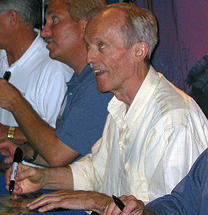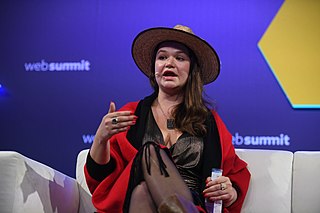A Quote by Brian Sandoval
Good executives, like all good leaders, must expect opposition when making decisions or when making or enforcing the law. But executives must engage those that disagree with them.
Related Quotes
In the face of ambiguity, uncertainty, and conflicting demands, often under great time pressure, leaders must make decisions and take effective actions to assure the survival and success of their organizations. This is how leaders add value to their organizations. They lead them to success by exercising good judgment, by making smart calls when especially difficult and complicated decisions simply must be made, and then ensuring that they are well executed.
If we decide rightly what to do, or use a correct procedure for making such decisions, that has to be because the decisions or the procedure rest on good reasons, and these reasons consist in the apprehension of truths about what we ought to do. Because these truths must constitute reasons for our decisions, and because in the rational order, reasons must always precede the decisions based on them, the truth conditions of claims about what we ought to cannot be reduced to, or constructed out of, decisions about what to do, or procedures for making such decisions.
Executives run organizations. In business, we need executives who have clarity, people who are in touch with themselves. Then, in leadership and management positions, they can be good role models and leaders. The people I know who have really moved their organizations are scrupulous role models. They are so clear about honesty, integrity, openness, mutual self-respect, dignity for the individual, and creativity, that they don't deviate from these principles at all in their behavior.
Women oftentimes are the ones making those economic decisions, sitting around the kitchen table and trying to figure out how to pay for rising gas prices or food prices or the health insurance costs. And I think that they see where they expect their leaders in Congress to also make those tough decisions.































